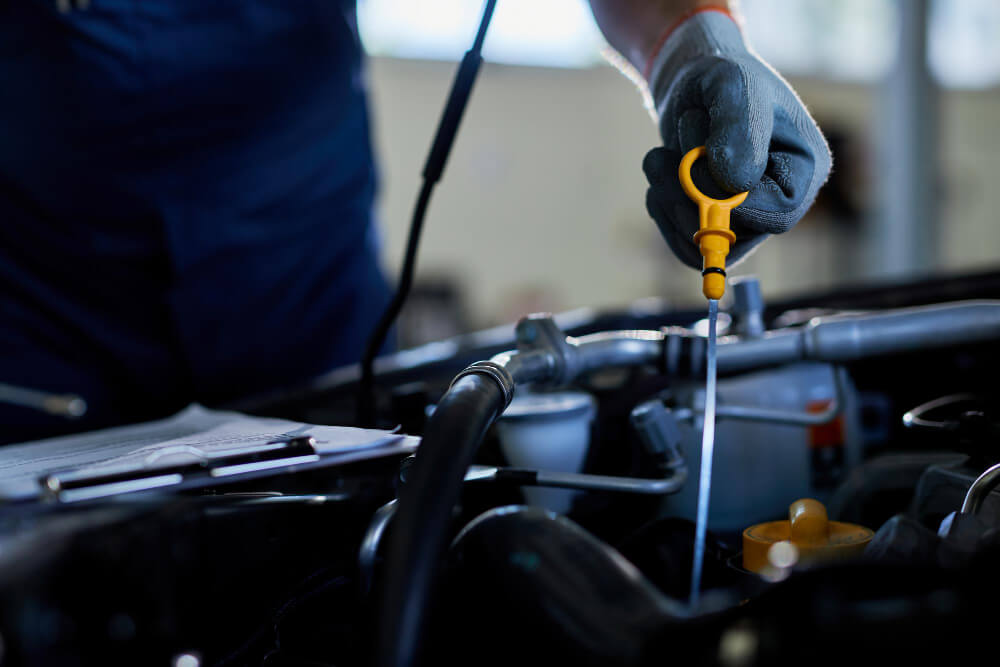Owning a car is a special feeling, over a period of time you tend to develop a relationship with your car also. As time goes by your vehicle starts communicating with you in a special language and to complete the loop you need to develop an understanding of this language.
Today we will talk about one such way through which your vehicle communicates with you.
Have you ever noticed that your car is shaking when you break?
If yes then you know your car is trying to tell you something. It is saying that something is not right.
The shaking of your car, when you break or vibrations in the steering wheel and brake pedal, is not to be ignored. You should get this corrected on time because it can become a big issue which will not only be heavy on your pocket but is also very dangerous.
There are different reasons why you are experiencing this with your car, in this article we will get into the details of all the possible reasons and also give you solutions to these issues so that you can continue to enjoy your joy ride in your favourite car.
In the list of reasons why your car is shaking while braking, first come worn tires which happen to be a major reason for the shaking of your car while braking. But if the shaking of the car increases as you press the brake lever with more power, if this relation is directly proportional then the reason could most probably be something to do with braking and it is a sign that you will have to replace your braking system. But as you would know, the braking system is comprised of several components so you will need to pinpoint the exact component that is causing you to experience the shaking of the car as you break. All of these components work together to reduce the speed of your car and eventually bring it to a halt and even if one component is worn, cracked or broken it may cause the entire braking system to malfunction and require replacing. Now let’s look at each one of these issues one by one so that you can relate to which one you are facing in particular.
Sticking of brake calipers
Brake calipers are required when you press the brake pad against the rotor, which is made possible using the brake fluid that gets pumped through the lines when you press the pedal. This fluid creates hydraulic pressure which makes the calipers press the pad. If the vibrations are being felt only in the steering wheel then in all probability it is because the calipers are sticking and are unable to press the pad against the rotors.
Brake pad showing replacement signs
One of the major reasons why cars shake is because they have worn-out brake pads. It’s fairly common to have this issue because the brake pads are supposed to be replaced after a certain period of time, ideally when only 1/4th of the pads are left you should get them replaced. If you are hearing that squeaky sound and feeling the vibration when you break then you can most probably guess that it is happening because of the worn-out brake pads and the time has come to replace them. Also, notice the metal tab on the brake pad that causes vibrations when you press the brake.
Vibrations caused by braking rotors
If you are feeling vibrations in both the steering wheel and brake pedal, chances are that it could be because of brake rotors. A brake pedal presses a rotor which in turn helps slow down your car but if the rotors are out of balance then it will give vibrations in the car which can be felt via the brake pedal and steering wheels. Ideally, you should get a technician to check the braking system to find out if the imbalance in the rotors is what is causing the vibrations because of which it is shaking.
Worn-out Tires
One more reason why you are feeling the vibrations is because of the tyres, especially if you are feeling these vibrations when you going at a speed or coming downhill. There may be an issue with the alignment of the tyres and maybe that is making your tyres imbalanced. You can easily get this issue checked and fixed by your car service provider. There is also a chance that you may have to buy a new set of tyres but remember to keep a check on the warranty details of your existing tyres. Out of the different solutions a mechanic can suggest, one could be front-end realignment, which solves the problem in the short term but is not a long-term solution. Doing this realignment yourself is also an option available to you but I would suggest that instead of investing in all the machinery and stuff, it is cheaper to get it done from outside as it doesn’t cost you a bomb.
While it may seem to be a difficult task to figure out the exact reason behind the shaking of your car while braking, in reality, it is not so much really. Follow your instinct and it will take you to the root cause of the problem. Even if you don’t get it right the first couple of times but practice you will eventually get good at it. Don’t hesitate in trying, even if you make a mistake at least give it a try. It is important that before going to a mechanic you should first do a diagnostic yourself because not only that will help you save money you will also learn a few things about your car and then eventually start communicating with your car in its language and this will ultimately deepen your relationship with your car and this is just the start the more you explore things the more solutions you will find for your everyday problems related to your car such as how to prevent water spots on your car and many other issues, ultimately your dependency on a mechanic will reduce a lot.






